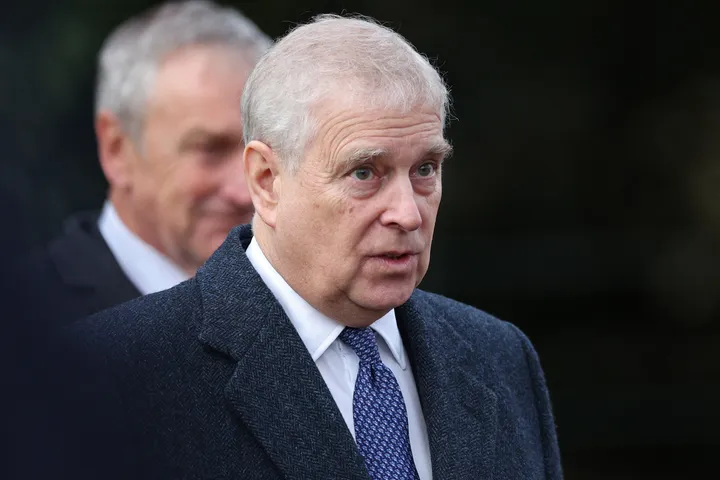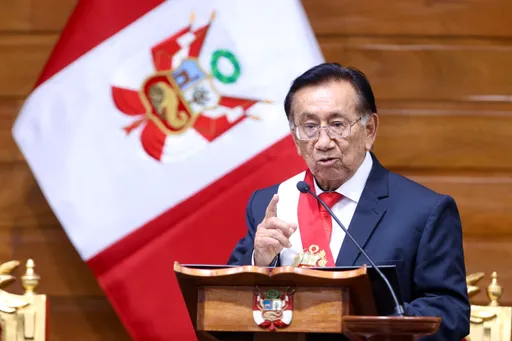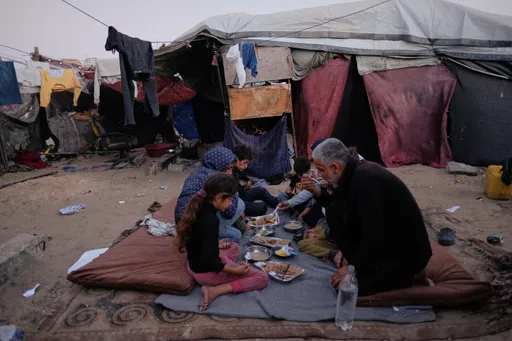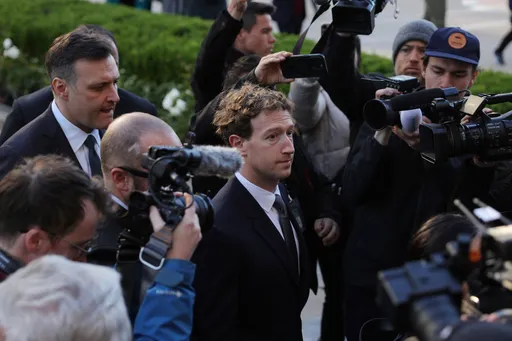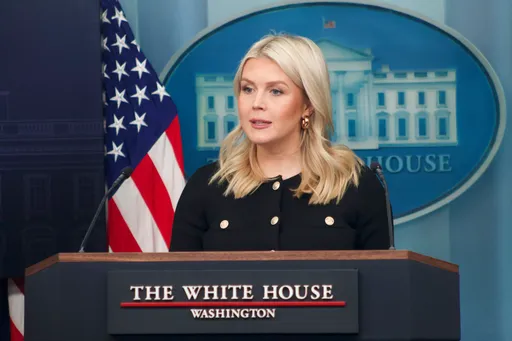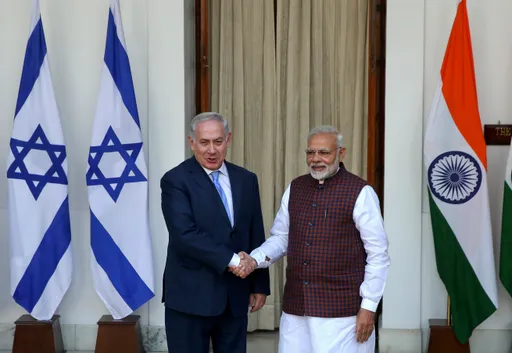On Wednesday, May 26, many Indians posted their “last tweet”.
May 25 was the last day for social media intermediaries and digital platforms to abide by India’s new “IT Rules, 2021”. Governments introduce new legislation all the time to try and limit what can and cannot be posted and shared on social media platforms. However, no regulations have experienced the kind of backlash that the Information Technology (Intermediary Guidelines and Digital Media Ethics Code) Rules, 2021 did.
WhatsApp, the popular messaging service owned and operated by Facebook, took the Indian government to court. The UN Special Rapporteurs on the promotion and protection of the right to freedom of opinion and expression; the rights to freedom of peaceful assembly and association; and the right to privacy signed a report in June underlining their concerns that these guidelines do not conform to international human rights standards.
These rules are the latest in a series of actions taken by the Indian government over the past few years to suppress dissent and criticism and come in light of what seems to be the incumbent government’s biggest faux pas so far. The laws give the Indian government broad legal cover to take down any and all material posted to social media sites.
In recent months, the Indian government has received widespread criticism for both its handling of the second wave of the Covid-19 pandemic, as well as its reaction to the ongoing farmers’ protests. Journalists and activists throughout the country took to Twitter to critique the government’s handling of both these crises.
As more and more Indians began to be affected by new variants of the coronavirus, Instagram and Twitter became havens for people to request assistance from healthcare workers, hospitals and even strangers on the internet.
This did not sit well with the government.
A man was even arrested for “spreading misleading information” because he asked for an oxygen cylinder to help his ailing grandfather. In Uttar Pradesh, where this incident occurred, Chief Minister Yogi Adityanath demanded seizing the property of anyone “spreading rumours and false information”, stating that there was, in fact, no shortage of oxygen.
In April, Twitter was asked to remove posts that were critical of the government’s handling of the pandemic, highlighting the government’s blatant disregard for human rights and the people’s civil liberties.
The government’s rationale behind introducing the new IT rules was to prevent the spread of misinformation in the country. But these rules severely stifle Indian citizens’ right to free speech and privacy.
Should a social media platform choose to comply with these guidelines, its users will be asked to “voluntarily” verify their identity. The rules could also render end-to-end encryption useless, as they require the intermediaries to enable tracing the originator of any information on the platforms. Whilst the rules “clarify” that such information would only be used to determine who sent the message, and not what the content of the message was, there are other mechanisms in place that would help decrypt the message.
Taken as a whole, the IT Rules of 2021 are bound to have a chilling effect on dissent and dialogue in India.
One of the more overreaching guidelines under the IT Rules calls for government oversight to ensure adherence to the guidelines. It is not a stretch to conclude that such oversight would mean greater censorship.
Such regulations, while may not entirely suppress dissent, would have people think twice before posting anything on social media that could be even remotely critical of the government.
The arbitrary definition of “publisher of news and current affairs content” under the same set of guidelines, raises the question of the fate of online news publications. The rules are unclear on what “publisher” means, and this vagueness in definition works to the government’s advantage. It could potentially use these rules to buttress the censorship of all pieces of information, written online, claiming government oversight.
Twitter has refused to comply with the IT guidelines, and on June 16, it lost its status as an intermediary in India. This means that Twitter can now be considered a “publisher” under the new IT rules, and it can be held criminally liable for anything posted on the platform, under the Indian Penal Code. The government claims that this will not, and should not affect the rights of Twitter users. It is, nevertheless, a step towards suppressing free speech, and encouraging censorship.
Twitter is not the only social media platform available to users, of course. But holding one with as wide a reach liable can only have two results: the tactic could result in both Twitter, as well as other smaller platforms complying with the rules to avoid criminal liability; or platforms could refuse to comply, and spend years mired in litigation. Either way, there is only one victim here, and it’s the common Indian citizen.
In the government’s attempt to regulate online content, it is the citizens’ right to free expression that is being suppressed. Not Twitter’s. Not the government’s.
Dissent is democratic; it is essential for the functioning of a democracy. The Indian government’s suppression of dissent does not start, or end with these new IT rules. In its 2020 press freedom report, Reporters Without Borders called India one of the most dangerous countries to be a journalist.
The democratic systems set up in the country to protect and foster free speech are failing rapidly. Indians should be scared about what the IT rules 2021 mean for them. After all, what is a democracy without the right to free speech?


